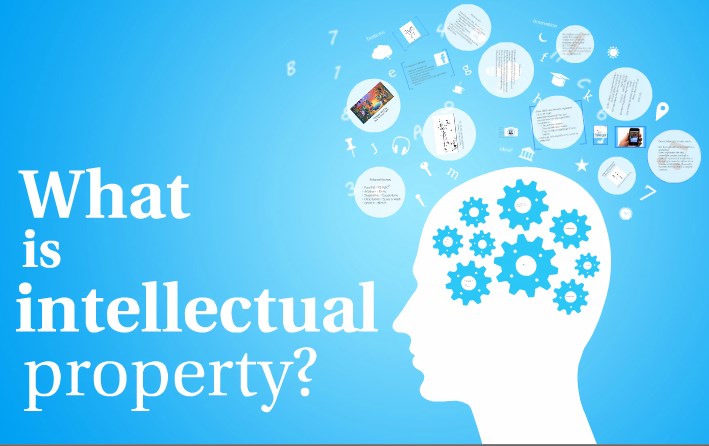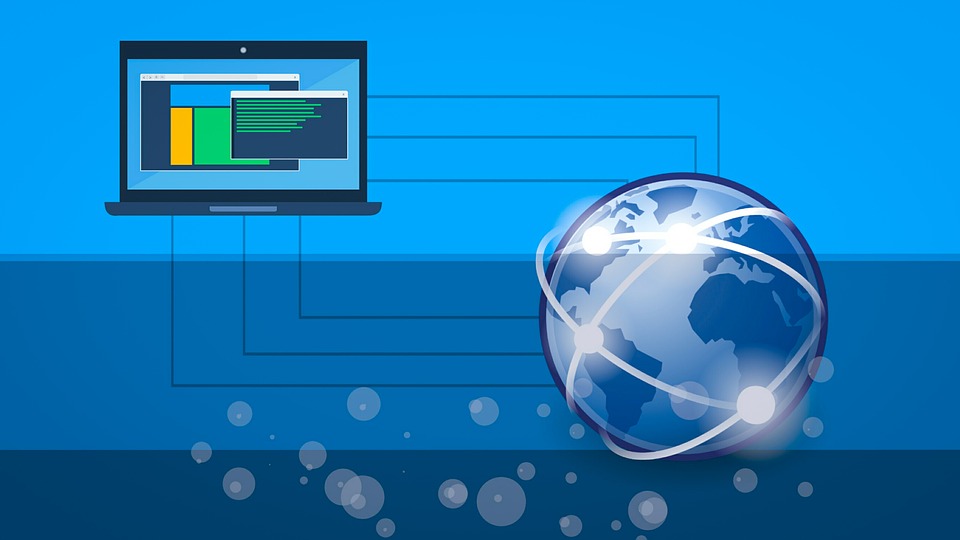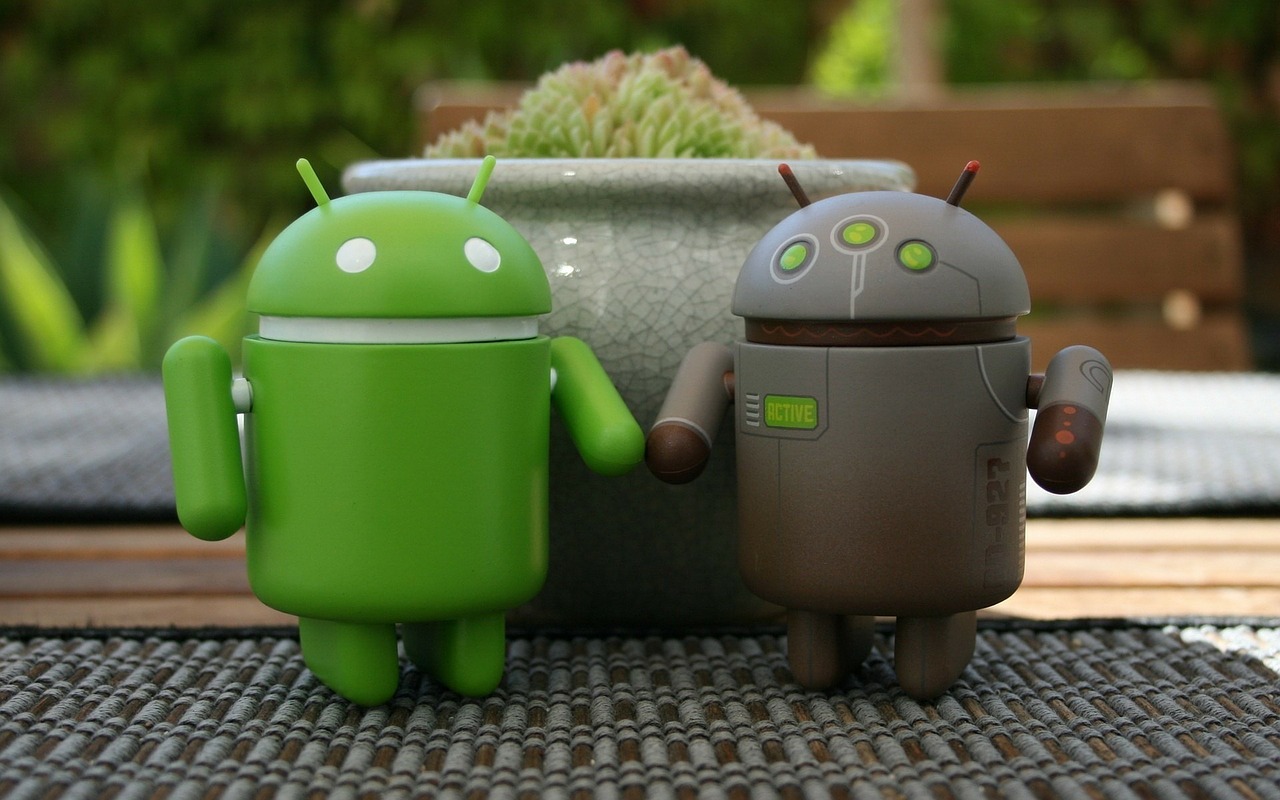So, you have been living all your life in your house. I assume you have the place before you were born. In some cases, your father might have been living there with your grandparents in his childhood. But have you ever thought about the fact that the house you are living in is an object which you and your family own? What is that object? What is its purpose? In this article, we will give you a complete idea about what is Intellectual Property?
I clear the doubts for you then. The object which you are living in right now is known as property. But what exactly is property? This will be discussed in a broader perspective in the article today. This article will be beneficial for you if you are a law student. Other than that, this will be an excellent treat for your daily dose of knowledge.
Table of Contents
What is Intellectual Property?
This is a vast debate so far in the making. Allow me to elaborate on this to you guys. In intellectual words, the property is an entity or an object acquired and enjoyed by an individual or a group of people. This can be denoted in a much broader aspect. Some basic principles are followed if the object will be considered as a property. These are as follows:
- The property owner will have to have full control over the property.
- The property should be transferable.
- The owner of the property will have all the rights to enjoy the benefits of the property.
- By all means, the owner will have the power to remove any individual from the property.
These are the basic principles of property. So, in that case, there are many objects in our surroundings. So, which is a property, and which is not? The things which you have full control over is a property of yours in the first glance. But think of it like this way. You can control the flow of water from the fountain. But is that a property? You can use a blower and blow some air in a specific direction. But is air your property? The answer is no. There are certain elements that humans cannot possess on an individual basis. Like air, water, and other water bodies, forests, etc. these are not classified as property. These are natural resources. Natural Resources are open for all. So, now the big question, what to consider, and what not?
Which One is a Property?
There are some basic principles of a property. I have elaborated that in the previous paragraph. Now, we will be experiencing some live examples. I believe currently you are reading this article from a device that has an internet connection. The device is bought from the market. As you have bought it, that means you have acquired the machine. You have all the control of your device. You can enjoy all the benefits of it. If you want, you can give it away to someone as a gift or sell it to someone. Also, you can choose over who has access or who has not. These are all the principles of a property. The device fulfills all the prerequisites of being property. So, this is your property, and you are the proud owner.
Now, you might ask, what if you have no control over something. Then it is not your property. As simple as that. But is it?
Now, suppose you have a pet chicken. You have bought it, or your chickens have given birth to it. Whatever the case is, it is under your possession. Then, it is your property. You can either have eggs from them or sell them to others. Or bloody damn eat it in the late-night supper. It is your property, and you are enjoying every bit of it. But what if you have found a deer in your last hiking. The deer got fond of you, or you might have caught it.
As it is a wild animal, not a tame one, then as long as you have possession of it, it is your property. But in some cases, the government has different policies around the globe where you cannot merely possess a wild animal just like that. But I am talking in a specific and straightforward way. So, please do not misinterpret my intentions. As I was speaking, this animal is your property, as long as you can hold it or it is under your possession. But when it is lost, then it is not yours.
These important examples might have cleared your doubt about the principles of property. Now, we will move forward into the conversation.
This might have been a great experience so far, but now we will be looking into the various categories of properties. So, please pay some attention from now on.
Categories of Property
Categorizing such a broader prospect is truly hard to commit, I admit. This dilemma is the fact that the very conceptualization of property is scattered on a big platform. But we did all the research for you guys. We encourage people and individuals to be a part of our discussion later on in the comment section. But now, the prime focus is to simply categories the different types of properties.
From a broader perspective, the property can be of three major kinds. These are based on certain aspects and the type of ownership and clauses. The three major categories are:
- Movable and Immovable Property
- Tangible and Intangible Property
- Intellectual Property
Now, many questions are roaming around your mid. You might be thinking, what is intellectual property? First of all, we will be discussing the movable and immovable property. I suspect you guys have already got a rough idea about it simply by reading the title itself. But we must get the clarification.
Movable and Immovable Property
As you have guessed it earlier, movable and Immovable property is referred to as the aspect of mobility. Think of it like this way. Many objects in the environment can be moved. Such as the keyboard which I am stroking rapidly while uttering my feelings. Or the fan which is hung overhead, running to blow me wind. These can be shifted from one place to another.
But can you shift the building from Shivalaya to Andheri West? Nope. Can you bring your maternal house to the city? I recently acquired a piece of land in the suburbs of Rajshahi. But the main issue is, it is almost 750 km away from me. Can I bring that back to me?
I visited Nepal last month. Unfortunately, I forgot my favorite watch there. But thanks to God, I left it to a friend’s house. He confirmed that and will be delivering it to me as soon as he is visiting my country. So, the watch is movable, and I still have possession of it.
So, the properties that you cannot move from one place to another is immovable property. And the properties that can be moved from one place to another are movable property. But there are some major concerns about it. If the property, despite being movable or immovable, is not under your possession, then it cannot be your property. It might be someone else’s, but in your case, this is not a property. It is merely an object to you, which you cannot possess.
So, despite being movable or immovable, you will have to fulfill all the prerequisite principles of properties. Now, we will be moving to another significant kind of property. This one is a bit complex. And I urge all of you to pay full concentration to get the full prospect. Now, I am going to discuss the second major kind of property. And that is tangible and intangible property.
Also Read: 5 Key Factors To Know About Job Coaching For People With Disabilities
Tangible and Intangible Property
So, first of all, let us break the terms for you. The term tangible means that the presence in the real world. Objects that have a physical appearance are known as tangible objects. On the contrary, tangible objects are not always properties. Now, having physical presence means that this object does acquire some space in the real world. This can be either shifted into a new place or might be immovable. Whatever the case is, this is a major clause. You will have to have physical contact with the property.
But this still applies that the units or objects that have not been in the criteria of judging as property are still not properties. The owner has full control over it and can be transferable at will.
Now, some of us will have a complex in describing intangible assets and properties. As this is the complete opposite of the former, intangible is referred to as things with no physical appearance. Such is hospitality or services. You can enjoy all the features and benefits, but you cannot simply touch it with your bare hands. So, having something intangible does not mean that it is not a viable property. In some cases, these properties can be transferred as well. So, you never know what lies in front of you.
Now, we will be discussing a whole new aspect of property; intellectual property. Some of you might mess this up with the intangible property. I sometimes mix it up. But there is a thin line difference between them. In some aspects, we can admit that intellectual property is somewhat a resemblance to intangible property.
But still, the big question remains, what is intellectual property? I bring the lights for you in the following segment.
Also Read: 5 Factors That Decide Fullerton
What is Intellectual Property?
So, the main question is, what is intellectual property? I do suggest people get a good look at the surroundings. What do you see? You see objects form which some of those are your properties, and some are others. And there are some which are open for all—for instance, air.
But what is intellectual property? You cannot find anything out there that might be known as intellectual property.
Let me first break it down for you. Intellectual property is a certain type of intangible property. This time, some of you will be smiling because you guys have thought the same. But when you ask me what intellectual property is? Then I would say it is not intangible property. Because intellectual property is a special type of property that cannot have any physical ambiance but can be treated as a transferrable asset. There are four major parts of intellectual property. These are:
- Patents:
These are some breakthrough in a certain field which was not there in the beginning. Suppose you built up a mechanism to swipe the floors automatically. This is a new invention, and you patented your idea under a recognized organization so that anyone cannot copy it and make some fortune.
- Trade Marks:
This is pretty common. You have a brand name, and you have to register it in a trading corporation. It will ensure your rights over your brand’s name. You will have all the right to use it anywhere you want. In some cases, you can also distribute it. Even you can also sell it to other potential customers. But it that case, you will lose your possession and will not be able to use it on your will again.
- Copyright:
Assume that this article is a work of mine. I have the copyrights of this article. So, if you want, you cannot use it against my will. I have the possession and the right to use free will.
- Design Recognition:
I have drawn a picture or a pattern. Assume it is unique. If it gets approval, then I have the rights to this design.
Conclusion: What is Intellectual Property
So, I hope you have enlightened me about the concept of property. Now, if someone asks you, what is intellectual property? You can answer it. I hope and pray that you stay safe in this pandemic. On that note, Good Bye!
Also Read: Best VPNs For Pc




